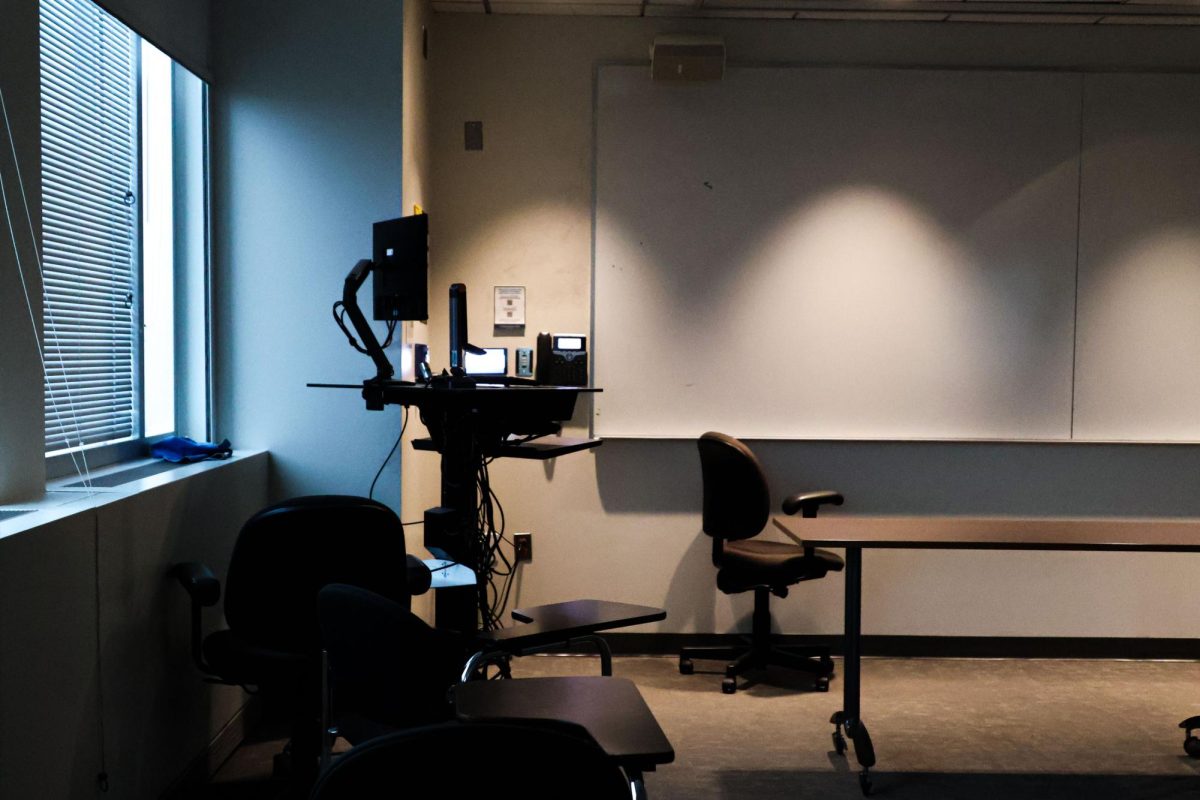The University is considering extending the time frame during which victims of sexual assault can take action against an alleged perpetrator to one and a half years, after considering a 180-day window.
Students criticized the shorter time frame when the University rewrote its sexual assault policy in September, saying victims might not be ready to speak out about an abuse within just six months.
Deputy Title IX Coordinator Tara Pereira said this week that she is working to extend the time – a decision that rests with the Faculty Senate and other top administrators.
She said the initial time limit was selected because victims’ memories are less reliable as time passes. The former policy did not include a statute of limitations.
“It makes a very difficult case even more difficult,” she said.
Victims can also file separate criminal charges through the Metropolitan Police Department. The statute of limitations in D.C. is 10 to 15 years after the alleged assault, depending on the nature of the incident.
Nearly 20 percent of women who attend college are victims of attempted or actual sexual assaults, according to the Department of Education. But studies have shown that the vast majority of campus rapes go unreported. At GW, the number of sexual assault reports totaled 11 in 2010 and 16 in 2011, according to Department of Education statistics.
Some schools – like Georgetown and American universities – do not set limits on when a student can come forward and make a disciplinary case.
Pereira, who led GW’s disciplinary offices for more than a decade, said in recent history, the longest time a victim has waited before filing charges through the University was two years. Other resources – like counseling services – would still be available after the time limit expired.
The Faculty Senate preliminarily approved the sexual assault policy in September, which also assures confidentiality to accusers and prohibits victims from directly mediating with offenders. Under the previous draft policy, an alleged victim could still bring a case forward after the 180-day mark with “good cause.”
“It’s meant to be more clear, more open,” Pereira, who helped craft the policy, said. “And then we’re going to chop off our own head with making the timeline so short that no one feel comfortable availing themselves of it? No way.”
Pereira and Vice Provost for Diversity and Inclusion Terri Harris Reed met with student organizations that expressed concern with the policy, including the GW Feminist Student Union and Students Against Sexual Assault, in the fall. Pereira said she had planned to change the policy even before formally sitting down with the groups, but hearing their feedback helped reinforce support for the policy shift.
“They echoed for us what we were already thinking. That was very helpful to us moving forward,” Pereira said.
Emily Rasowksy, president of Students Against Sexual Assault, said they discussed the University’s reasoning for certain decisions and offered feedback. She said the group has sought to build up its relationship with Pereira, a frequent point of contact about University developments.
GW is also creating a website with resources to deal with sexual assault or accusations of sexual assault, called Haven. Pereira said it could launch as early as March, and will also cover how to report hate or discrimination crimes.
The website breaks down the University’s sexual assault policy for victims, including where to go for support services, how to report an incident and what to expect after reporting.






